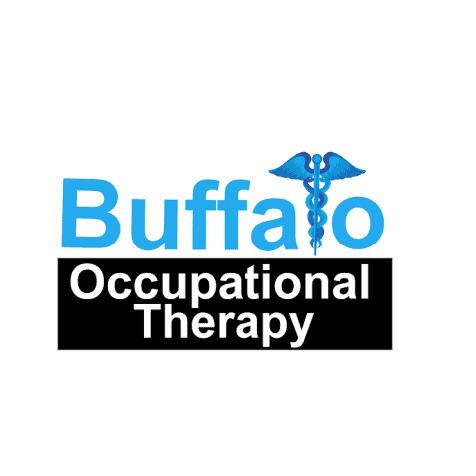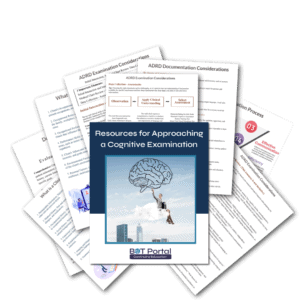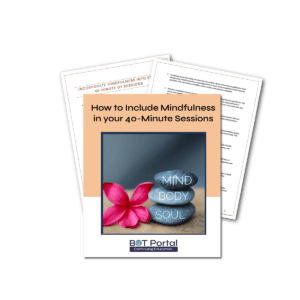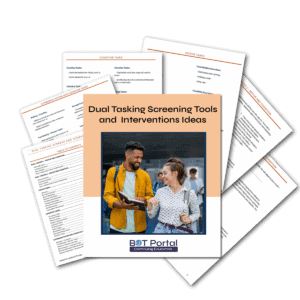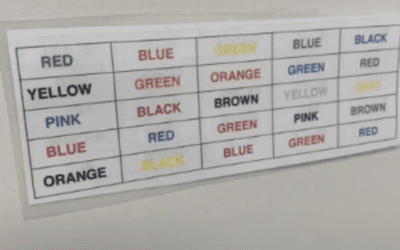
Cognition Treatments for Occupational Therapy
Executive function and Cognition Treatments are a Necessary Modality for OT
In occupational therapy, cognition treatments are integral for enhancing occupational performance and fostering independence in individuals with cognitive impairments. Understanding the differences between functional cognition, cognitive remedial therapy, and adaptive memory techniques is essential for effective intervention strategies and maximizing functional outcomes.
Functional cognition treatments refers to the application of cognitive skills and strategies in real-life contexts to support engagement in meaningful activities and roles. Occupational therapists focus on improving an individual’s ability to perform daily tasks independently by targeting specific cognitive domains such as attention, memory, problem-solving, and executive function. Functional cognition interventions involve task-oriented activities, environmental modifications, and compensatory strategies tailored to the individual’s unique needs and goals. By incorporating functional cognition into therapy sessions, occupational therapists help individuals develop the skills and confidence needed to navigate daily life activities effectively and participate in meaningful occupations.
Cognitive remedial therapy (cognition treatments focused on remediation), on the other hand, involves structured exercises and activities designed to improve specific cognitive deficits through repetitive practice and skill-building. Occupational therapists use cognitive remedial therapy to target underlying cognitive impairments, such as memory deficits, attentional difficulties, or executive dysfunction. These interventions may include memory exercises, attention-training tasks, problem-solving activities, and cognitive training software programs. Cognitive remedial therapy aims to enhance cognitive function, promote neural plasticity, and improve overall cognitive performance, enabling individuals to better manage daily tasks and responsibilities.
Teaching adaptive memory techniques falls within the realm of functional cognition treatments, as it involves providing individuals with practical strategies and tools to compensate for memory deficits and support independent functioning in daily life. Occupational therapists teach individuals how to use external memory aids, such as calendars, planners, reminder apps, and memory notebooks, to organize tasks, schedule appointments, and recall important information. Additionally, therapists may incorporate cognitive strategies such as chunking, mnemonics, and rehearsal techniques to improve memory encoding, retention, and retrieval. By teaching adaptive memory techniques, occupational therapists empower individuals to overcome memory challenges, enhance task performance, and maintain independence in their daily routines.
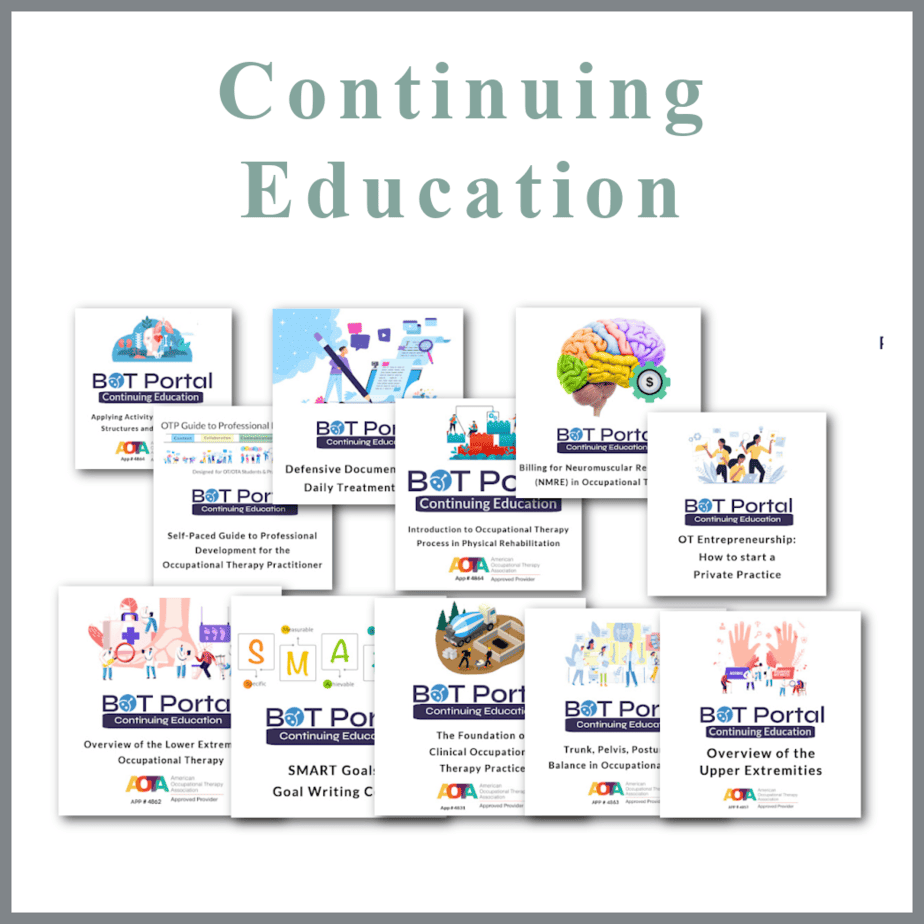
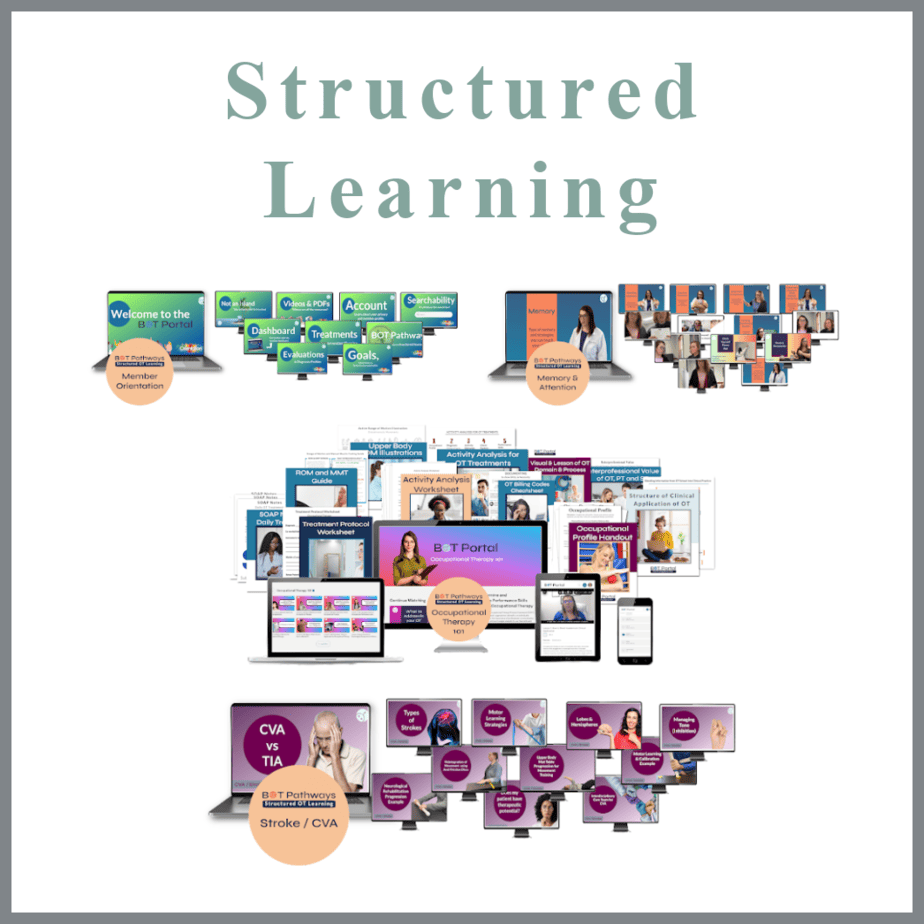


Membership Perks
Two Membership Options!
Your investment gives you resources to save you stress, self-doubt, and burnout as you become a confident and competent practitioner who can stand up for your professional point of view and scope of practice.
How should you approach cognition and executive function deficits in Occupational Therapy?
Explanation: An occupational therapy plan of care and treatment approach should always be a continuum. Secondly, the rehabilitation frame of reference (compensations and adaptations should be considered for immediate independence while you are restoring/remediating cognitive deficits OR at the end of your restorative plan of care when you know your client is on a maintenance track and requires an added assist to maximize independence.
Special note: If your client has a progressive neurological condition when you know at some point your they will require the procedural memory to use durable medical equipment, adaptive equipment, or assistive technology, it is appropriate to begin training during a restorative plan of care continuum. Your client will benefit from treatment sessions based in repetition even when it feels ‘silly’ because they are functioning well above level necessitating the equipment. In this case, take time educate your client and tell them why you are incorporating the training into their usual restorative sessions.
What is an example of the ‘OT therapeutic flow’?
- Comprehensive Evaluation including executive function AND physical performance.
- Include caregiver (if present) by giving them caregiver-based assessments while you perform the evaluation of your primary client.
- Establish baselines according to the reason you are seeing them
- Establish patient ‘buy-in’ and make sure you are on the same page
- Discuss plan of care and the path you believe will allow maximum return on time spent in occupational therapy
- Be sure to incorporate mobility AND cognition-based activities into each treatment session. Multi-modal is key!
- Monitor progress using objective measures, caregiver check-in
- Upon discharge, establish ‘next steps’ and ‘warning signs’ to ensure your clients know when to call occupational therapy for a screen, new evaluation, or consult for additional resources
What are some of the symptoms of cognitive impairment that an occupational therapy practitioner can address?

Working Memory
Working Memory
Do you find it challenging to remember things you just learned or heard? This could be a sign of dementia.

Episodic Memory
Episodic Memory
Trouble remembering specific events or experiences from your past.

Immediate Recall Difficulty
Immediate Recall Difficulty
Struggling to remember information right after learning it.

Slower Retrieval and Rapid Forgetting
Slower Retrieval and Rapid Forgetting
Finding it takes longer to recall information, and forgetting things more quickly.

Prospective Memory Challenges
Prospective Memory Challenges
Difficulty remembering to perform tasks in the future without external reminders.

Autobiographical Memory Changes
Autobiographical Memory Changes
Memories across your lifespan become less detailed and more vague.
Browse the Resource Store!
Don’t want to pay for each PDF individually? No problem! The BOT Portal Membership comes with all printable resources and more!
